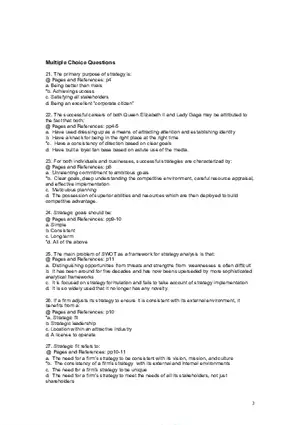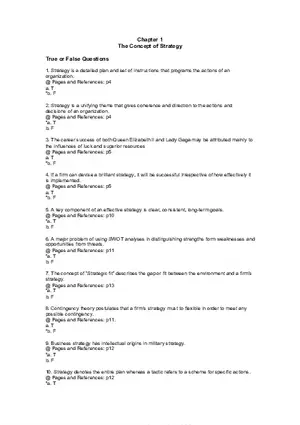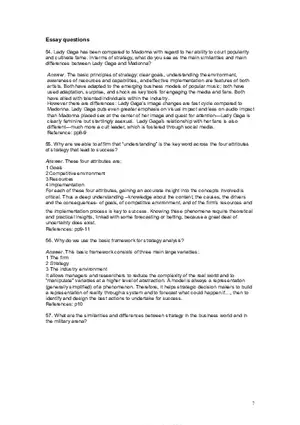Lecture Note
Factors, Response And How To Improve Employee Job Satisfaction
-
University:
California State University, Northridge -
Course:
MKT 449 | Marketing Strategy Academic year:
2024
-
Views:
474
Pages:
2
Author:
Amel S.
Related Documents
- SWOT Analysis of a Company
- Market Segmentation and Positioning
- Decoding Consumer Behavior for Strategic Marketing
- Understanding Soft Products Acronyms and Utility
- Marketing of Products Financial Marketing Services
- Different Approaches Study Materials
- Customer Loyalty Tutorial Materials
- Processing of Complaints
- Exit Barriers Study Documents
- Marketing of Banking
- Marketing as a Philosophy
- Key Attributes Lecture Notes
- Customer Relationship Management (CRM)
- MAR4613 Module 1 Quiz
- Remote Customer Relationship Management
- The Advertising Campaign
- MAR4613 Chapter 6 Notes
- MAR4613 Chapter 5 Notes
- MAR4613 Module 2 Quiz
- MAR4613 Chapter 7 Notes
Report
Tell us what’s wrong with it:
Thanks, got it!
We will moderate it soon!
Report
Tell us what’s wrong with it:
Free up your schedule!
Our EduBirdie Experts Are Here for You 24/7! Just fill out a form and let us know how we can assist you.
Take 5 seconds to unlock
Enter your email below and get instant access to your document





